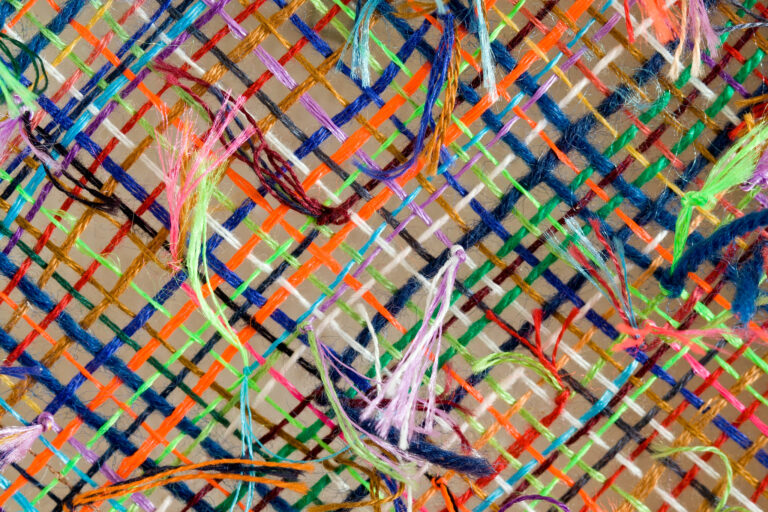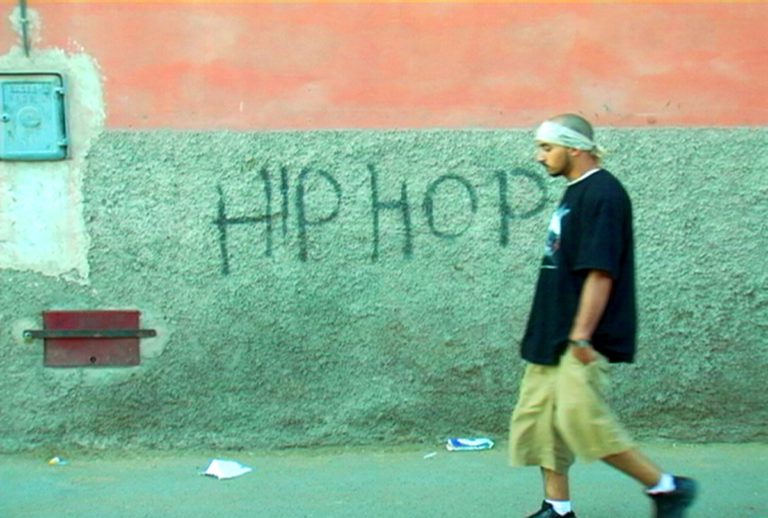Ronak K. Kapadia’s deeply conversant and well researched Insurgent Aesthetics: Security and the Queer Life of the Forever War brings queer, affect-oriented methodologies to bear on an analysis of Arab, Muslim, and South Asian diasporic art. It is these communities after all, Kapadia points out, who undergo increased scrutiny in the United States and Europe after September 11, 2001. According to the author, these diasporic artists engage in an insurgent aesthetic “against empire’s built sensorium,” which is a visual cultural practice that offers an alternative embodied critique of “US empire’s perverse logics of carcerality, security, and war” (10).
Keyword: terrorism
From ‘Hip Hop Revolutionaries’ to ‘Terrorist-Thugs’: ‘Blackwashing’ between the Arab Spring and the War on Terror
Rayya El Zein takes up a global analysis of how ideas of blackness, whiteness, and Arabness circulate in post-9/11 media accounts and argues that these concepts work to mediate Western understanding of politics in the Arab world. El Zein unpacks the paradox by which blackwashing is differentially deployed to mark certain Arab subjects as a “good rapper” or a “bad rapper,” and how both of these valences serve to expand neoliberal orientalism through the political familiarity promised by blackness. As an alternative, El Zein suggests attention to the material, historical, and geographic specificities of the power struggles that structure racial capitalism, classism, and racism, especially and essential because of their potential international unrecognizability.

